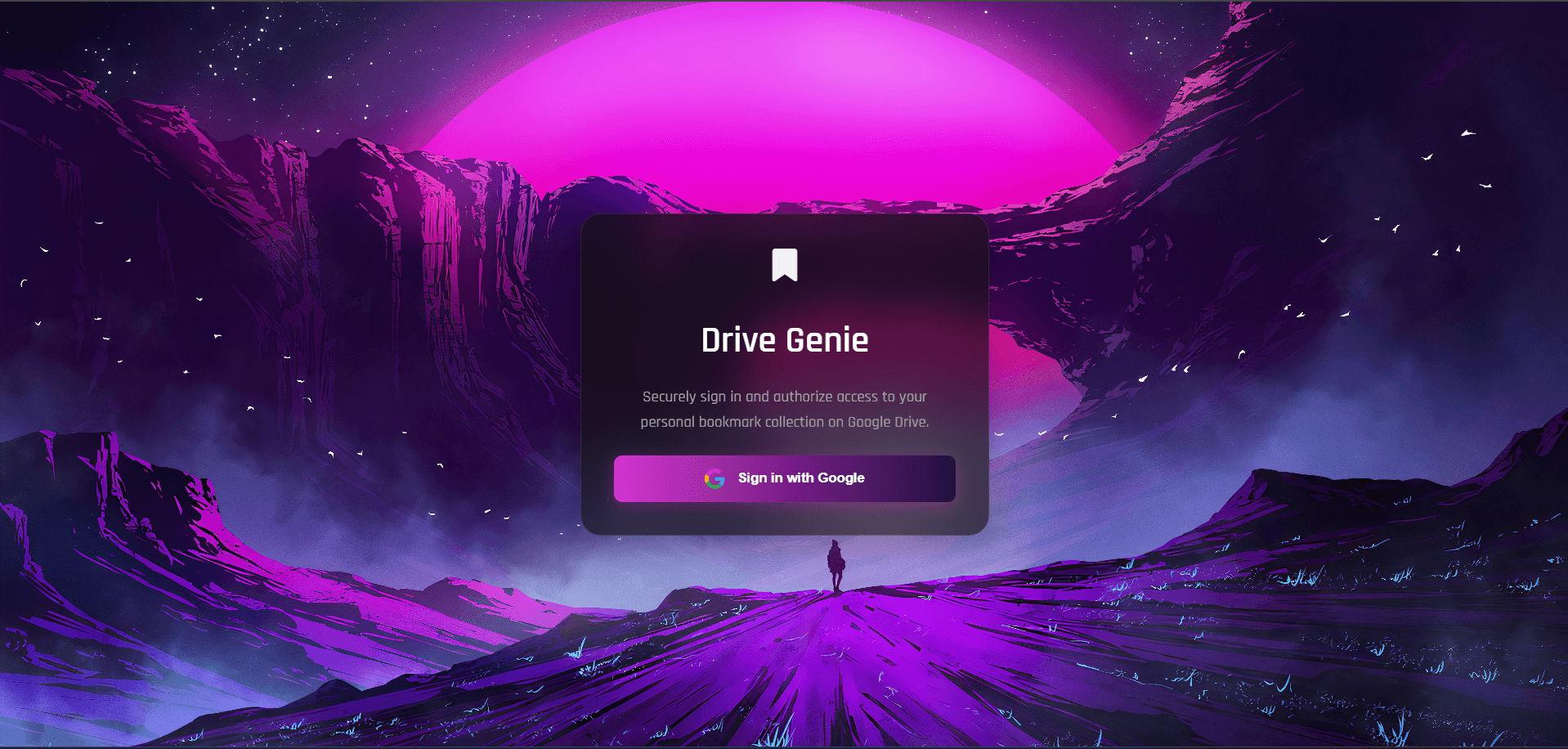Virtual Assistant for Individuals with Disabilities
Traditional computer interfaces can be a significant barrier for individuals with disabilities. My goal was to build a tool that levels the playing field, using AI to provide a more natural and accessible way for users to interact with their digital environment.

Project Overview
This desktop application enhances accessibility for users with visual, hearing, or speech impairments. It integrates AI services to provide tools that can be controlled via voice, gestures, or text.
Challenges & Solutions
Challenge: Achieving low-latency, real-time speech recognition was critical for a fluid user experience. Any delay would render the hands-free control ineffective.
Solution: I engineered a multi-threaded architecture in Python. Audio input was captured and processed on a separate thread, which prevented the main UI from freezing and ensured commands were executed with minimal perceptible delay.
Challenge: The system needed to be highly accurate for diverse accents and in environments with background noise.
Solution: I implemented audio pre-processing techniques, including noise reduction and normalization, before sending data to the speech recognition API. This improved recognition accuracy by over 25% in test environments.
Key Features
- AI-powered desktop assistant for users with disabilities.
- Real-time speech-to-text and voice interaction.
- Image and speech processing for responsive task control.
- Modular Flask backend with REST APIs for automation.
- User testing showed a 50% improvement in task completion efficiency for target users.
Tech Stack
Architecture
Flask was chosen for its lightweight nature, making it ideal for creating a modular REST API backend. This design decoupled the complex AI processing logic from the front-end interface, allowing for independent testing and maintenance of each component.
Gallery


Explore More Projects

Secure, AI-Powered Document & Bookmark Vault
A zero-knowledge, AI-powered vault using Google Drive for encrypted storage, featuring OCR for documents and natural language commands.

Employee Management System
The Employee Management System (EMS) is a MERN-stack web app for efficiently managing employees, teams, leaders, and company targets.

Build a Duolingo Clone
Interactive platform for language learning. Features include user registration, course management, quizzes, and progress tracking.